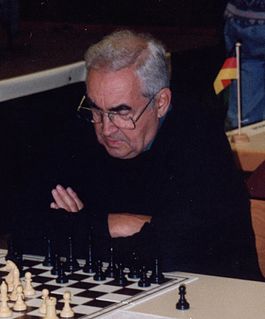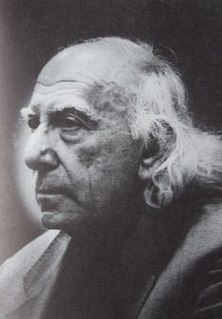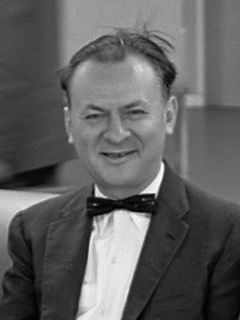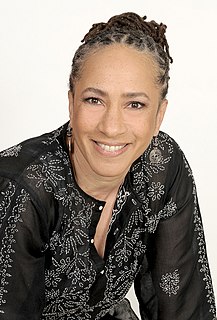A Quote by Garry Kasparov
Though I would have liked my chances in a rematch in 1998 if I were better prepared, it was clear then that computer superiority over humans in chess had always been just a matter of time.
Related Quotes
All experiments that are related to the games when you have humans versus machines in the games - whether it's chess or "Go" or any other game - machines will prevail not because they can solve the game. Chess is mathematically unsolvable. But at the end of the day, the machine doesn't have to solve the game. The machine has to win the game. And to win the game, it just has to make fewer mistakes than humans. Which is not that difficult since humans are humans and vulnerable, and we don't have the same steady hand as the computer.
When Grand Masters play, they see the logic of their opponent's moves. One's moves may be so powerful that the other may not be able to stop him, but the plan behind the moves will be clear. Not so with Fischer. His moves did not make sense - at least to all the rest of us they didn't. We were playing chess, Fischer was playing something else, call it what you will. Naturally, there would come a time when we finally would understand what those moves had been about. But by then it was too late. We were dead.
I have also known some of the world's finest brains and some of these, though passionately fond of chess, have been pretty poor players. I used to know one of the world's leading mathematicians and whenever we played chess I had to give him the odds of a Queen to make matters more equal, and even then I always won.
Combinations have always been the most intriguing aspect of Chess. The masters look for them, the public applauds them, the critics praise them. It is because combinations are possible that Chess is more than a lifeless mathematical exercise. They are the poetry of the game; they are to Chess what melody is to music. They represent the triumph of mind over matter
Why had I been so afraid? I had not loved enough. I'd been busy, busy, so busy, preparing for life, while life floated by me, quiet and swift as a regatta...I had had all my time, all my chances. I could never do it again, never make it right. I had not loved enough...I had not passed up all my chances to give love or receive it, and I had the future, at least, to try to do better.
And then she thought that you went on living one day after another, and in time you were somebody else, your previous self only like a close relative, a sister or brother, with whom you shared a past. But a different person, a separate life. Certainly neither she nor Inman were the people they had been the last time they were together. And she believed maybe she liked them both better now.
Women: I liked the colors of their clothing; the way they walked; the cruelty in some faces; now and then the almost pure beauty in another face, totally and enchantingly female. They had it over us: they planned much better and were better organized. While men were watching professional football or drinking beer or bowling, they, the women, were thinking about us, concentrating, studying, deciding - whether to accept us, discard us, exchange us, kill us or whether simply to leave us. In the end it hardly mattered; no matter what they did, we ended up lonely and insane.
No one was to blame for what happened, but that does not make it any less difficult to accept. It was all a matter of missed connections, bad timing, blundering in the dark. We were always in the right place at the wrong time, the wrong place at the right time, always just missing each other, always just a few inches from figuring the whole thing out. That's what the story boils down to, I think. A series of lost chances. All the pieces were there from the beginning, but no one knew how to put them together.

































